

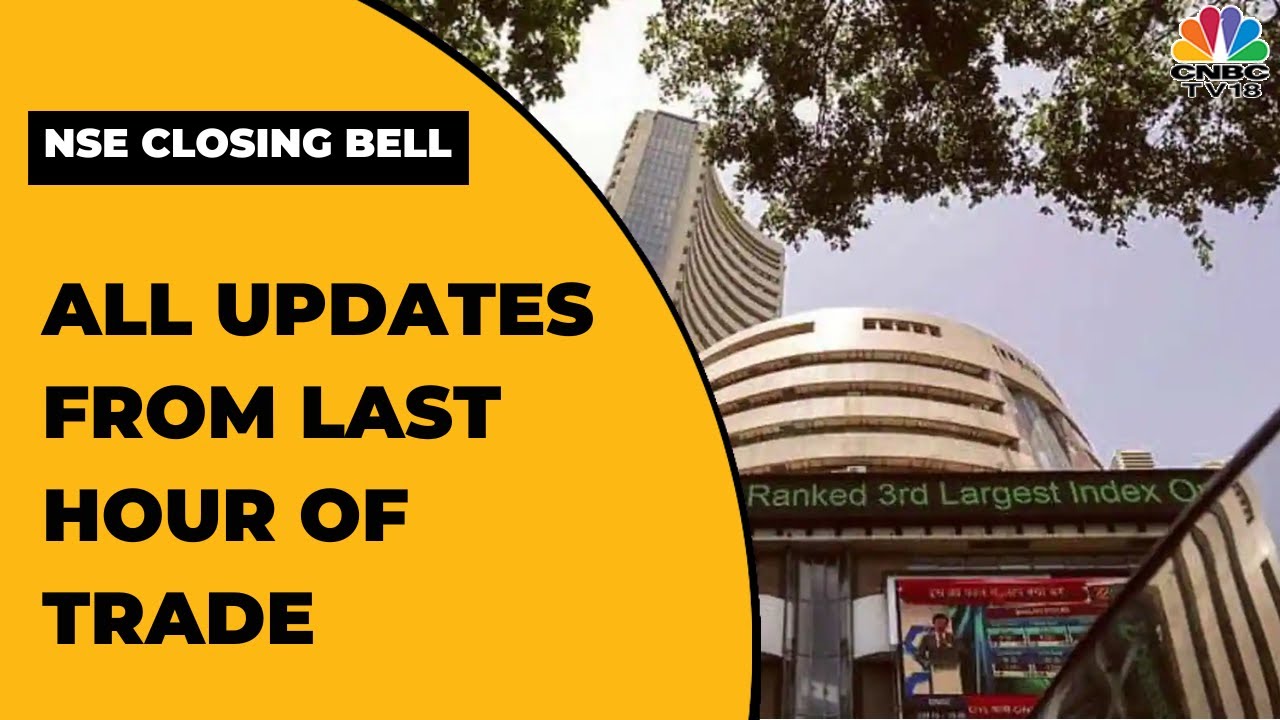
Amidst the ongoing Lok Sabha elections, the Indian stock market saw a massive dip with benchmark indices Sensex and Nifty dropping nearly 6% on Tuesday. This came as counting trends showed the ruling BJP may not secure a clear majority. While the Sensex closed at a two-month low of 72,079.05, Nifty ended at 21,884.50, recording a whopping decline of 5.93%. March 23, 2020, when the country entered into a lockdown due to the COVID-19 pandemic, was the last time Sensex and Nifty saw such a sharp decline.
Indian Stock Market Crashes Amidst Lok Sabha Elections
Background
The Indian stock market has been grappling with volatility in recent weeks as investors anxiously await the outcome of the ongoing Lok Sabha elections. The elections, held every five years, determine the composition of the Indian parliament and the party that will form the government.
Recent Crash
On Tuesday, March 23, 2022, the Indian stock market witnessed a massive dip with benchmark indices Sensex and Nifty plummeting nearly 6%. The decline came as counting trends indicated that the ruling Bharatiya Janata Party (BJP) may not secure a clear majority in the elections.
The Sensex, which represents the 30 largest publicly traded companies in India, closed at a two-month low of 72,079.05, while the Nifty, which comprises 50 leading stocks, ended at 21,884.50, recording a sharp decline of 5.93%.
Concerns and Impact
The stock market crash is indicative of investors' concerns about the potential for political uncertainty and economic instability following the elections. A fragmented parliament could make it difficult for the government to pass legislation and implement policies, which could negatively impact business sentiment and investment.
The decline in share prices has also eroded wealth for investors, particularly those who had invested in the stock market in recent months. The volatility is expected to continue until a clear election outcome emerges.
Last Time Comparison
The recent stock market crash was the worst since March 23, 2020, when the Sensex and Nifty saw similar declines following the government's decision to impose a nationwide lockdown due to the COVID-19 pandemic.
Top 5 FAQs
Q1: What caused the stock market crash? A: The crash was primarily driven by concerns about political uncertainty and the potential for a fragmented parliament following the Lok Sabha elections.
Q2: How far did the indices decline? A: The Sensex dropped by nearly 6% to close at 72,079.05, while the Nifty fell by 5.93% to end at 21,884.50.
Q3: What stocks were most affected? A: Stocks in sectors such as banks, financials, and technology experienced the sharpest declines.
Q4: What is the impact on investors? A: The crash has eroded wealth for investors, particularly those who had invested in the stock market in recent months.
Q5: What is the outlook for the stock market? A: The outlook remains uncertain and will depend on the election outcome and any policy decisions made by the new government.
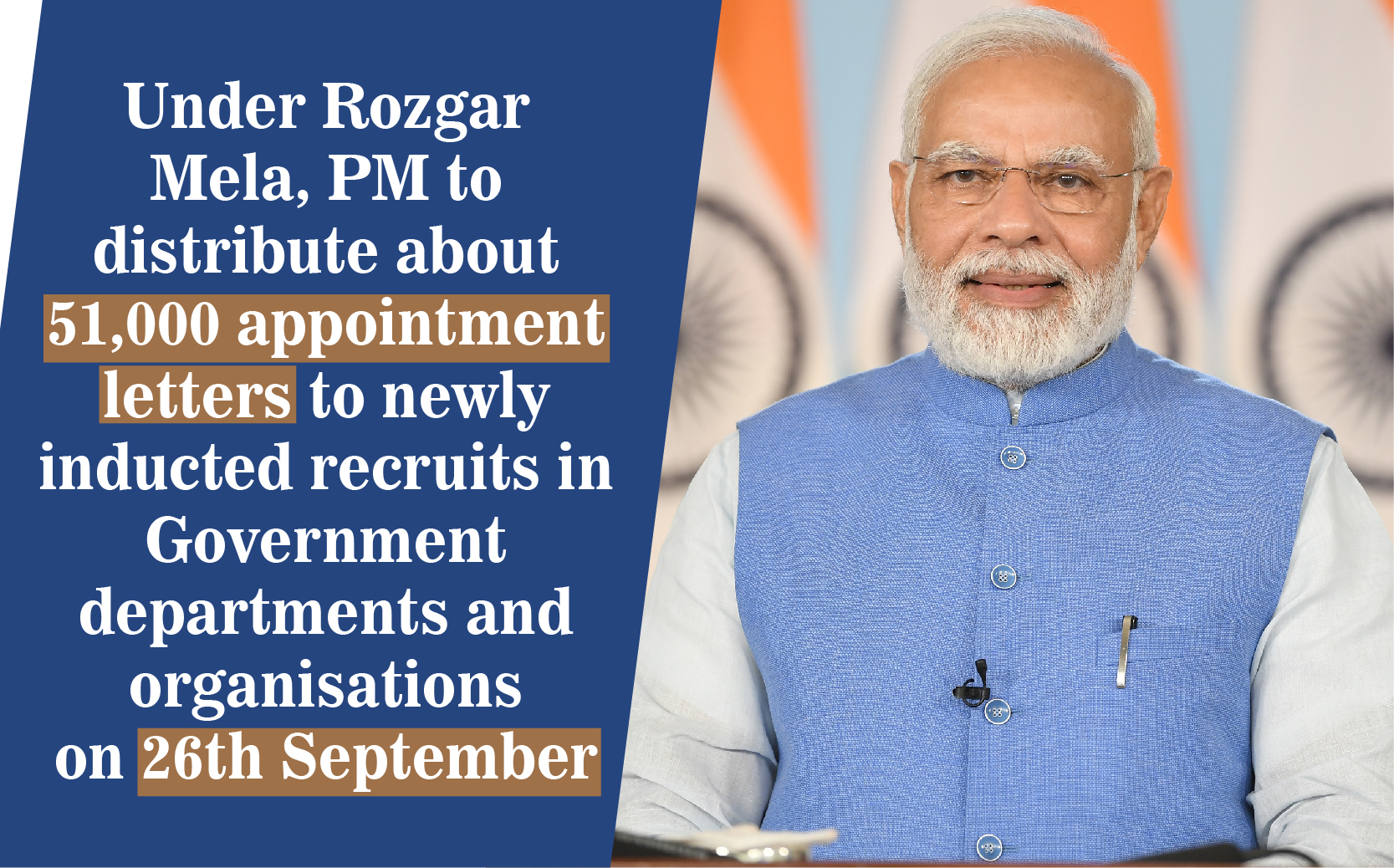
Indian Prime Minister Narendra Modi will be distributing more than 51,000 appointment letters to newly recruited youth through a virtual job fair in various government departments and organisations. This initiative, in its 15th edition, aims to provide meaningful employment opportunities for the country's youth and contribute to its progress. The recruitment drive, which has already offered over 10 lakh permanent government jobs since October 2022, highlights the government's commitment to tackling unemployment and empowering young individuals to participate in India's growth story. Additionally, the PM also highlighted India's partnership with 21 countries in improving migration and employment opportunities.

The Springfield Catholic Diocese's Bishop Thomas John Paprocki led a special Mass to honor the Sisters of St. Francis and celebrate the 100th anniversary of the founding of OSF HealthCare Saint Anthony's Health Center in Alton. The hospital, originally established as Saint Anthony's Infirmary, was the first Thuiner Franciscan house in the United States and has grown and adapted over the years while maintaining its founders' commitment to compassionate care. The hospital's Vice President of Operations and Special Projects credits the Sisters' determination and devotion to Christ's love for the hospital's success and continued impact on the community.
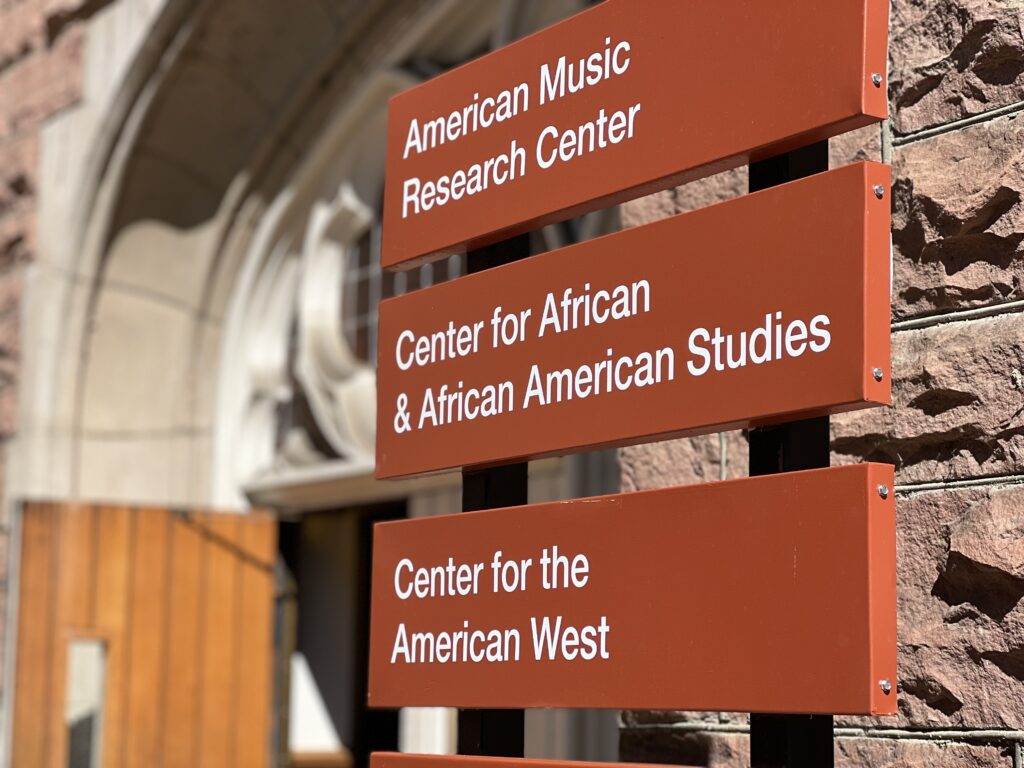
The Center for African and African American Studies at the University of Colorado Boulder is celebrating their recent receipt of a generous matching donation from Chancellor Philip P. DiStefano. With this support, the center aims to continue enriching the academic landscape and foster a sense of belonging for Africans, African Americans, and the African diaspora. Donations from individuals are greatly appreciated and will contribute to the center's growth and student opportunities. Interested in supporting the CAAAS? Contact Jazmin Brooks and join their Forever Buffs Black Alumni group or subscribe to their newsletter for updates.

In a recent podcast appearance, Ralph Lauren CEO Patrice Louvet shared his belief in a tough love approach to addressing serious issues at work. He emphasized the need for direct communication and not being afraid to use a "2X4 across the forehead" in critical situations. However, his comments have also sparked a debate on the effectiveness of this leadership style in today's modern workplace.
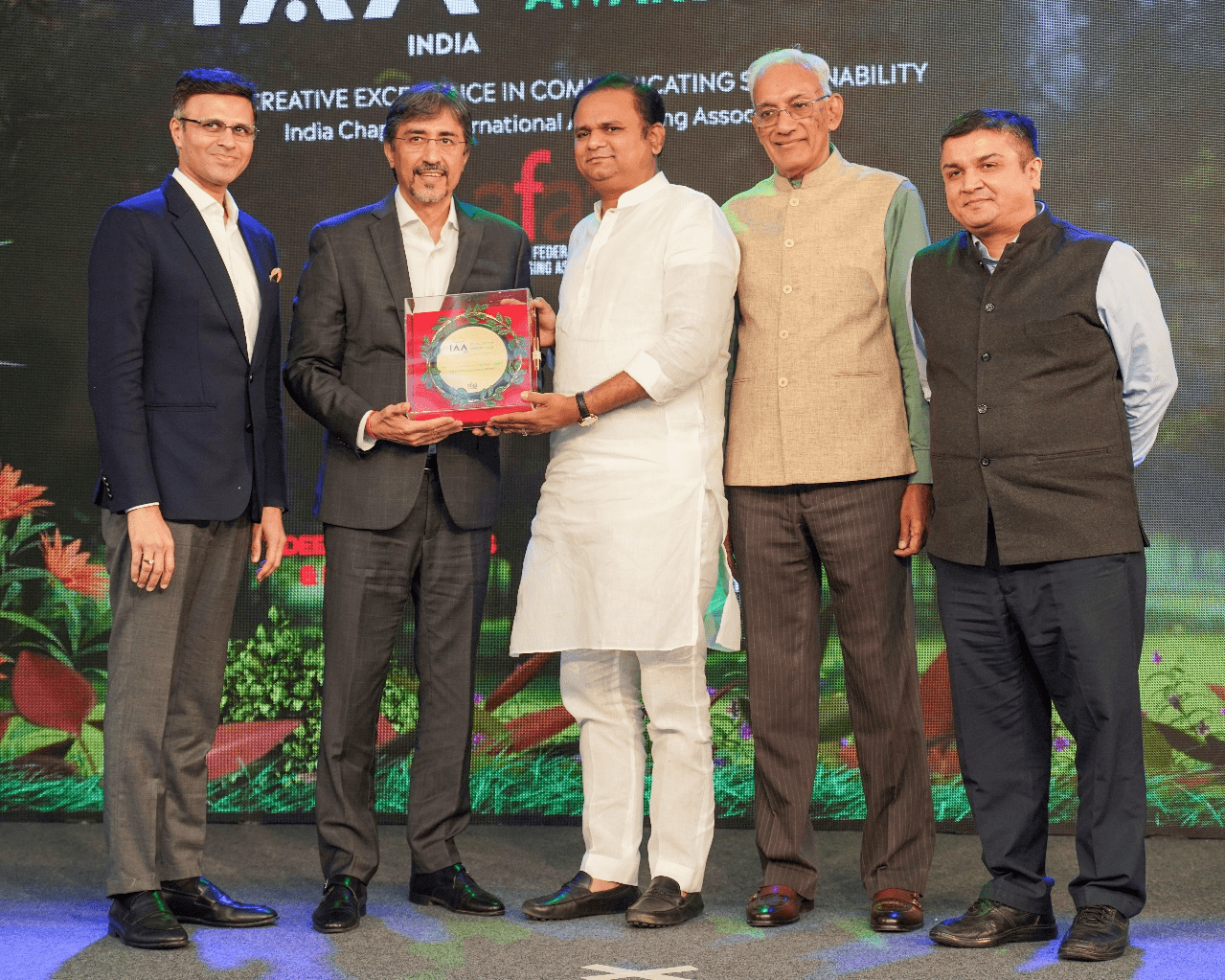
Tempest Advertising, a leading agency in purpose-driven creativity, has won the Gold Award in the Press Unreleased category at the 2025 IAA Olive Crown Awards for their striking campaign "Fast Fashion". Using AI technology, the campaign addresses the environmental impact of the fashion industry and calls for a shift towards more sustainable practices. With this win, Tempest solidifies its position as a leader in promoting responsible consumerism and guiding businesses towards a more sustainable future.
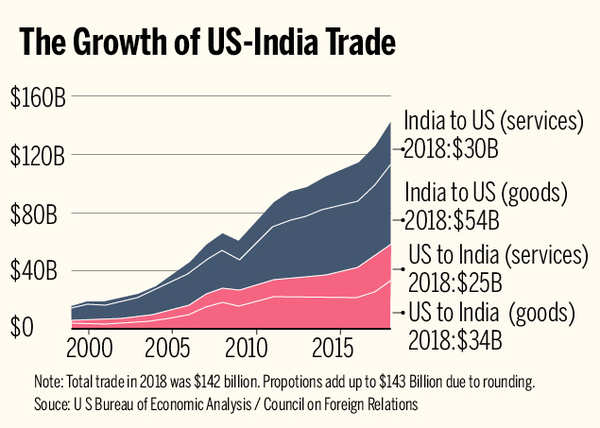
The highly anticipated bilateral trade agreement between India and the US is close to reaching a successful conclusion, according to US Treasury Secretary Scott Bessent. This deal would allow India to avoid the 26% reciprocal tariffs and increase trade to $500 billion by 2030. Negotiators from both countries are currently meeting in Washington to finalize the terms of the agreement, which is expected to be concluded by the fall of this year. With both sides eager to reach an agreement before the July tariff deadline, this deal has the potential to greatly benefit both nations' economies.

In a recent podcast interview, Ralph Lauren CEO Patrice Louvet discussed the delicate topic of giving criticism in the workplace. Louvet stressed the importance of addressing issues sooner rather than later, and how it can ultimately benefit both businesses and individual careers. He recognizes the difficulty in giving feedback, but advises a direct and honest approach in tackling major issues. However, for minor concerns, Louvet suggests focusing on employee strengths and gradually addressing weaknesses.

Suprabhat Mandal, a student from West Bengal, recently made headlines after successfully securing a position in three different banking exams. After a year of dedicated preparation, Mandal used the ADDA247 Bank Mahapack to help him learn from the basics to harder questions. Now, he is encouraging other successful candidates to share their stories and inspire others to never give up on their dreams.

British arts and crafts retailer Hobbycraft is undergoing a major restructuring of its retail operations under the ownership of private equity firm Modella Capital. While nine stores are set to close, including 72-126 jobs losses, the fate of other branches is still being reviewed. The company's CEO cited challenges faced by the retail sector as the reason for this necessary action.

In a move to boost economic ties between the two countries, US Vice-President JD Vance announced that America and India have finalized terms for a trade deal. This comes amid rising concerns over the impact of President Trump's reciprocal tariffs. Speaking at an event in Jaipur, Mr Vance emphasized the need for fair and mutually beneficial trade partnerships with countries that value labor rights and promote balanced, open, and stable global trade.